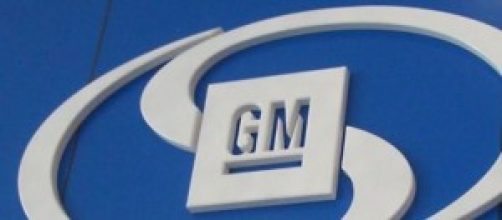In 2009 Judge Robert Gerber ruled over the bankruptcy of General Motors and effectively GM turned into a new company shielded from liability for the actions of its precursor. Thus GM was able to pack its old liabilities into a shell known as "Old GM" and sold it profitable assets to "New GM", or as it is now named, General Motors Co.
Now GM faced a potential monster of a legal battle with thousand of drivers suing it for the loss of value of their cars when an ignition defect caused a massive recall. Accident victims are not involved in this dispute, only claims for loss of car value.
Judge Gerber must now adjudicate over whether to lift the shield he put in place and hold GM liable.
Legal experts are of the view that the shield is ironclad and it is unlikely that Judge Gerber would undo his previous ruling. However, GM may not be able to get away with this unscathed. Evidence has emerged that some GM employees were aware of the problem although GM argues that it did not intentionally hide anything from the bankruptcy court in 2009. If the plaintiffs' lawyers can prove that the company knew about the problem and failed to notify the customers and the court they can convince the judge that the company committed fraud in the bankruptcy court, paving the way for lawsuits.
There is the risk that even if Judge Gerber keeps the shield up, he can admonish GM and increase pressure on GM to settle with the customers facing losses of their car's values.
Additionally the New GM in 2009 agreed to inherit some liabilities, including those for injuries, property damage and death, even if these were from cars manufactured before the bankruptcy. But economic losses, like those of car value were not explicitly transferred.
The company is asking Judge Gerber to declare that economic loss claims belong with the Old GM while the plaintiffs argue for the removal of the shield as GM concealed the defect.
In 2009 Judge Gerber knew that the bankruptcy would bar claims that were not yet known to customers and this puts the plaintiff on a weak wicket. Gerber wrote that established case law in New York holds that a court "should, and indeed must, rule that property can be sold free and clear of successor liability claims."

